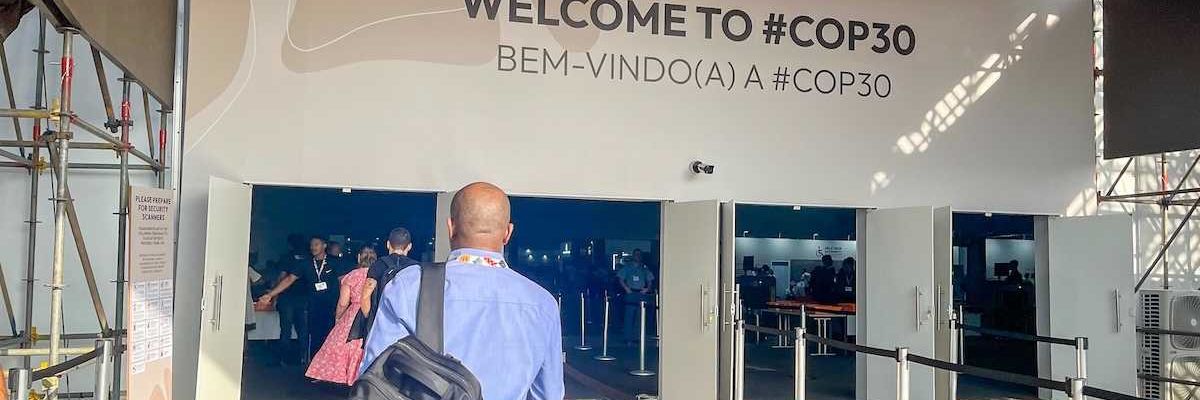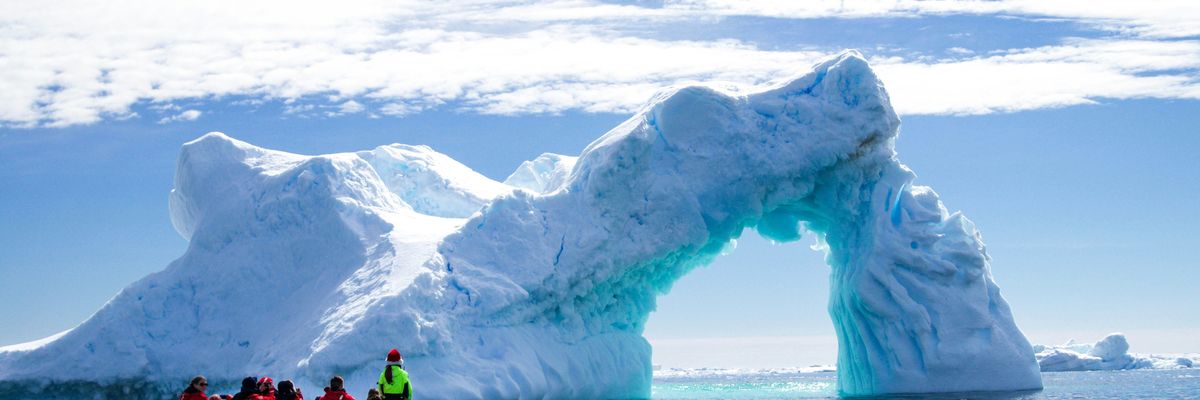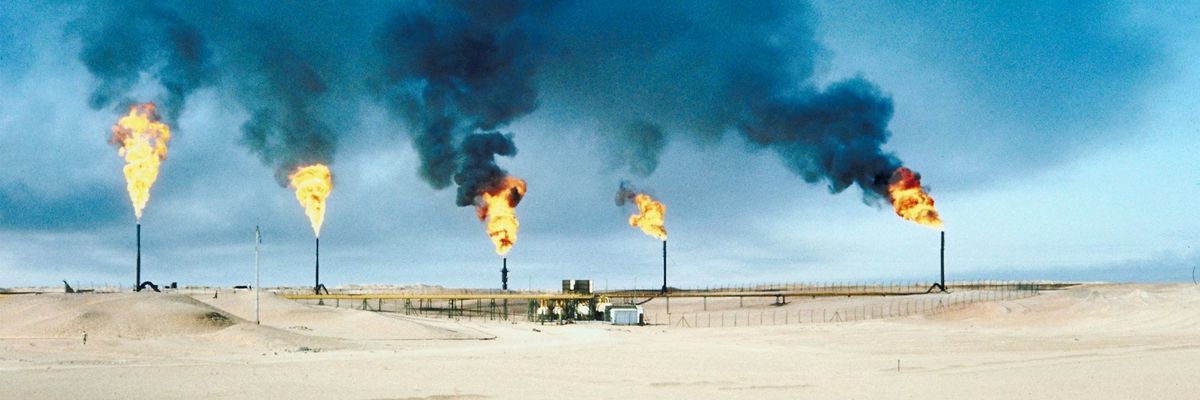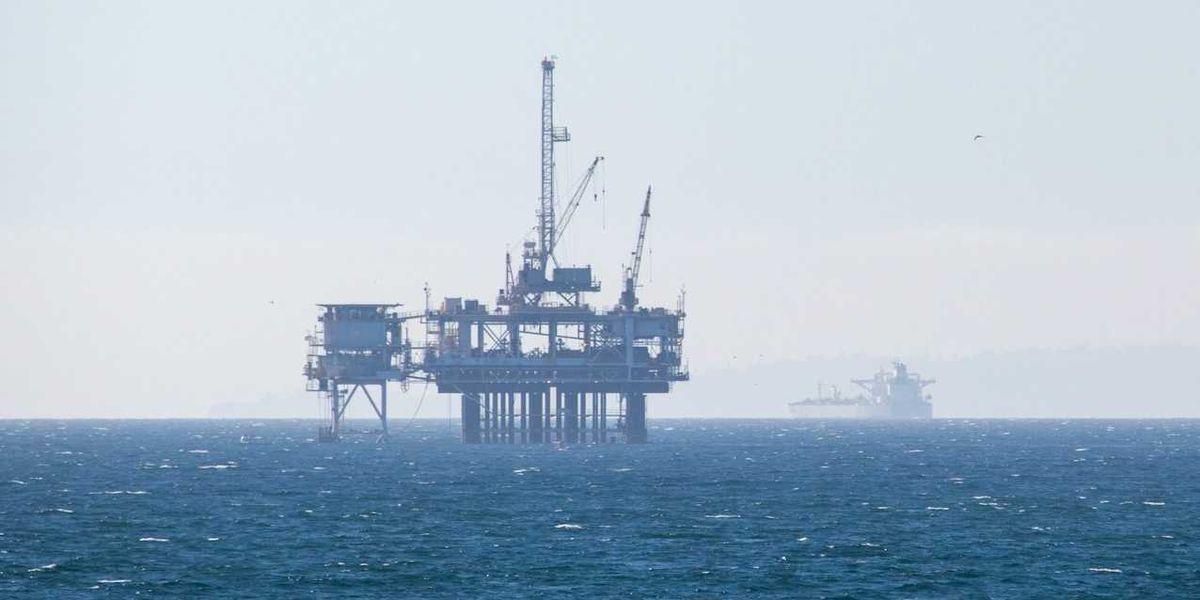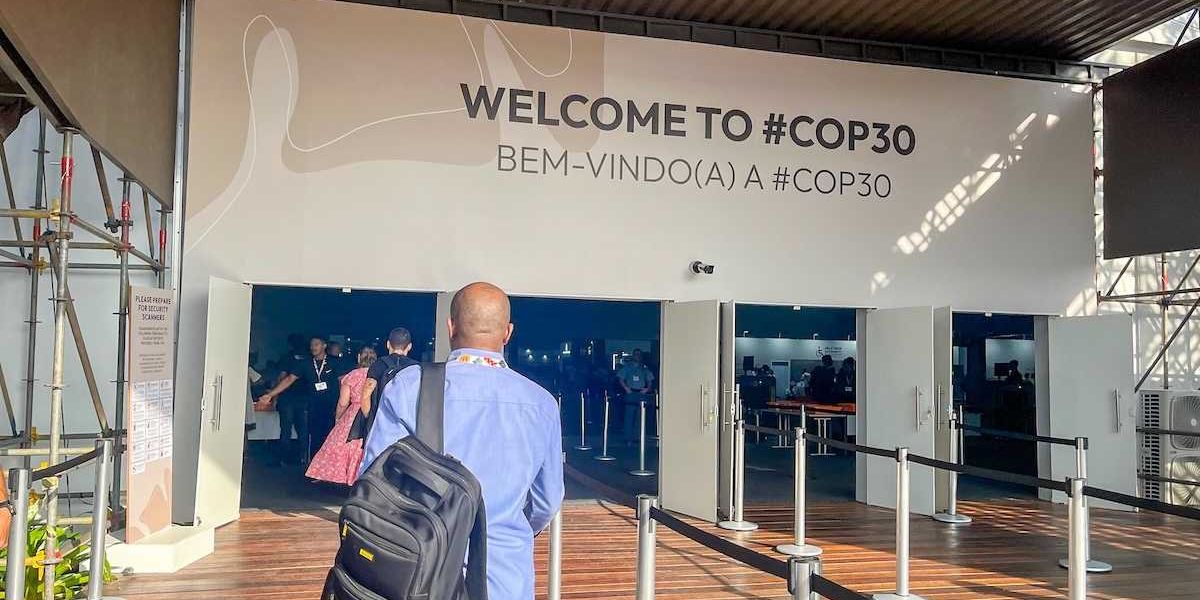wastewater
New Mexico considers reuse of oil and gas wastewater amid safety concerns
New Mexico regulators propose reusing treated oil and gas wastewater in industrial processes but prohibit its discharge into rivers due to safety concerns.
In short:
- New Mexico generates billions of gallons of toxic wastewater annually from oil and gas drilling, currently injected underground or transported to Texas for disposal.
- Proposed rules allow treated wastewater reuse in industry but prohibit river discharges, citing insufficient safety data.
- Environmental advocates worry about risks, while industry groups argue the rules are too restrictive compared to other states.
Key quote:
“The scientific research that would allow us to protectively permit treated produced water discharge simply does not exist.”
— Andrew Knight, NMED assistant general counsel
Why this matters:
New Mexico faces severe water shortages and must explore alternatives to traditional water sources. Safe reuse of treated wastewater could provide a new water supply but poses potential environmental and public health risks.
Lithium found in Pennsylvania fracking wastewater sparks debate
A recent study reveals that wastewater from Pennsylvania's fracking industry contains enough lithium to meet up to 40% of the United States' domestic needs, raising concerns about potential increased fracking.
In short:
- Pennsylvania's fracking wastewater could yield about 1,160 metric tons of lithium annually, potentially covering 38-40% of U.S. demand.
- Experts express concerns over the environmental and health impacts of extracting lithium from fracking wastewater.
- Skeptics warn that this finding might be used to justify more fracking, potentially exacerbating environmental damage.
Key quote:
“I think having more domestic sources of lithium is definitely a positive thing, especially if you don’t have to create a mine to exploit the resource.”
— Justin Mackey, research geochemist at the National Energy Technology Laboratory
Why this matters:
Lithium is crucial for clean energy technologies, but extracting it from fracking wastewater poses significant environmental and health risks. This finding may lead to increased fracking, counteracting efforts to reduce fossil fuel dependence.
Company plans to convert a water well into a toxic waste dump near Navajo Nation
A proposal by Enduring Resources to transform a New Mexico water well into a toxic wastewater disposal site faces opposition from local Navajo activist Mario Atencio and residents who want more transparency and tribal consultation.
In short:
- The well, situated close to Navajo lands, was set to be converted without adequate notification to local tribes.
- Mario Atencio discovered the conversion plan inadvertently while researching for a doctoral paper.
- Legal actions and appeals for better notification and transparency in oil and gas operations continue amid accusations of environmental racism.
Key quote:
"How do you approve an underground toxic waste dump without telling nobody?"
— Mario Atencio, Native rights organizer
Why this matters:
Critics of the proposal argue that injecting toxic wastewater into old wells can lead to contamination of aquifers that are sources of drinking water and irrigation. The fear is not unfounded; instances of such contamination have been documented, though they are relatively rare.
Turning oil industry waste into water wealth in the desert
In West Texas and southeastern New Mexico, an emerging industry aims to solve the dual challenge of dwindling freshwater resources and the disposal of oil field wastewater by recycling it.
In short:
- Pilot projects in the Permian Basin are testing technologies to purify oil production's chemical-laden wastewater for reuse, as Texas faces a growing freshwater shortage.
- The Texas Railroad Commission is tightening regulations on wastewater disposal to address earthquake concerns, pushing companies towards recycling efforts.
- Recycling efforts include using treated wastewater for irrigation and new fuel production, highlighting the urgency of addressing the water supply-demand gap and environmental concerns.
Key quote:
“I think within three years we’re going to see (recycling efforts) start exploding,”
— Mike Hightower, program director of the New Mexico Produced Water Consortium
Why this matters:
The balance between resource recovery and environmental protection remains a key point of discussion among scientists, policymakers, and the public. However, the practice is not without its critics. Concerns linger over the potential for residual contaminants to make their way into the food chain and impact human health, as well as the environment.
As courts stall or stop some major pipelines, the Permian Highway Pipeline in Texas is plowing ahead—and fears over water pollution have already become reality.
Future cities to harness power and resources from wastewater
Innovative technologies are transforming wastewater into drinking water, compost, and energy, revolutionizing urban resource management.
In short:
- Companies like Epic Cleantec are developing systems to recycle gray water for non-potable uses and extract energy from wastewater.
- Advanced purification techniques are enabling cities like San Diego to convert wastewater into drinking water.
- Wastewater recycling is becoming essential for urban sustainability, especially in rapidly growing cities facing water stress due to climate change.
Key quote:
"We’re turning wastewater—which in my opinion, is a term that is in dire need of a rebrand—into clean water, into renewable energy, and into soil."
— Aaron Tartakovsky, cofounder and CEO of Epic Cleantec
Why this matters:
The shift toward recycling wastewater is a crucial step in addressing the increasing water demands of urban populations and the challenges posed by climate change. These innovative solutions not only conserve water but also create new resources, demonstrating a sustainable approach to city planning and environmental management.
Read: Expert ecologist William H. Schlesinger on what happens to all the modern, exotic compounds when we flush them into the environment.
Severe cold leads to dozens of oilfield incidents in North Dakota
Lawmaker looks to rein in oil and gas exceptions
Three proposals would remove drilling near schools, seek more data on industry water use and enforce fines for spills.


